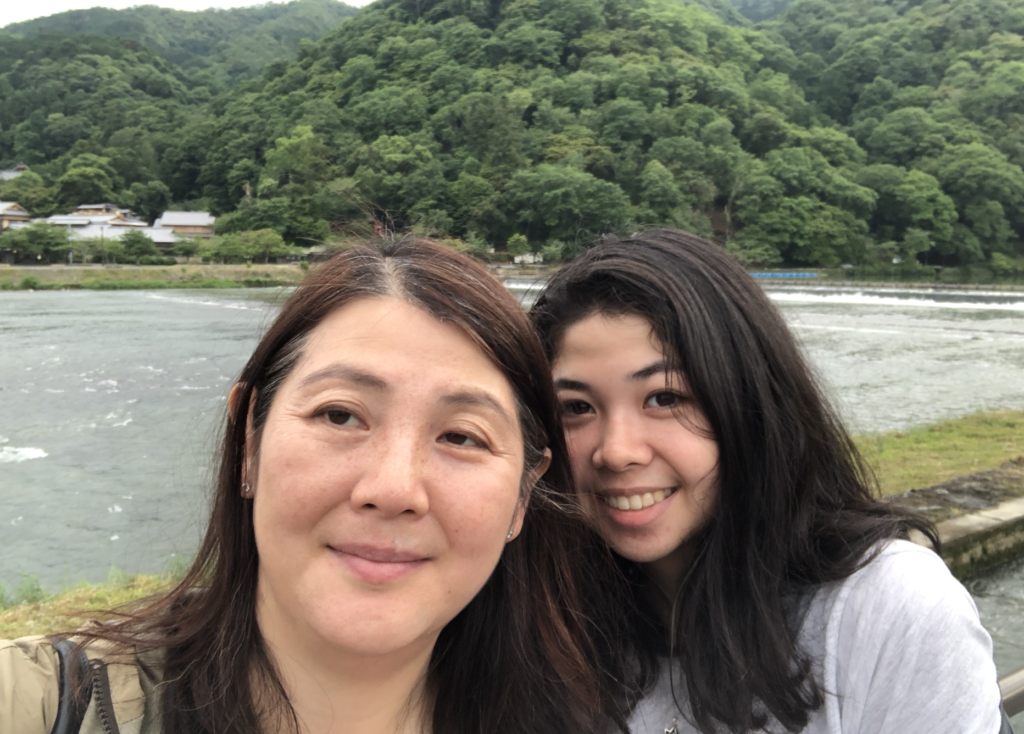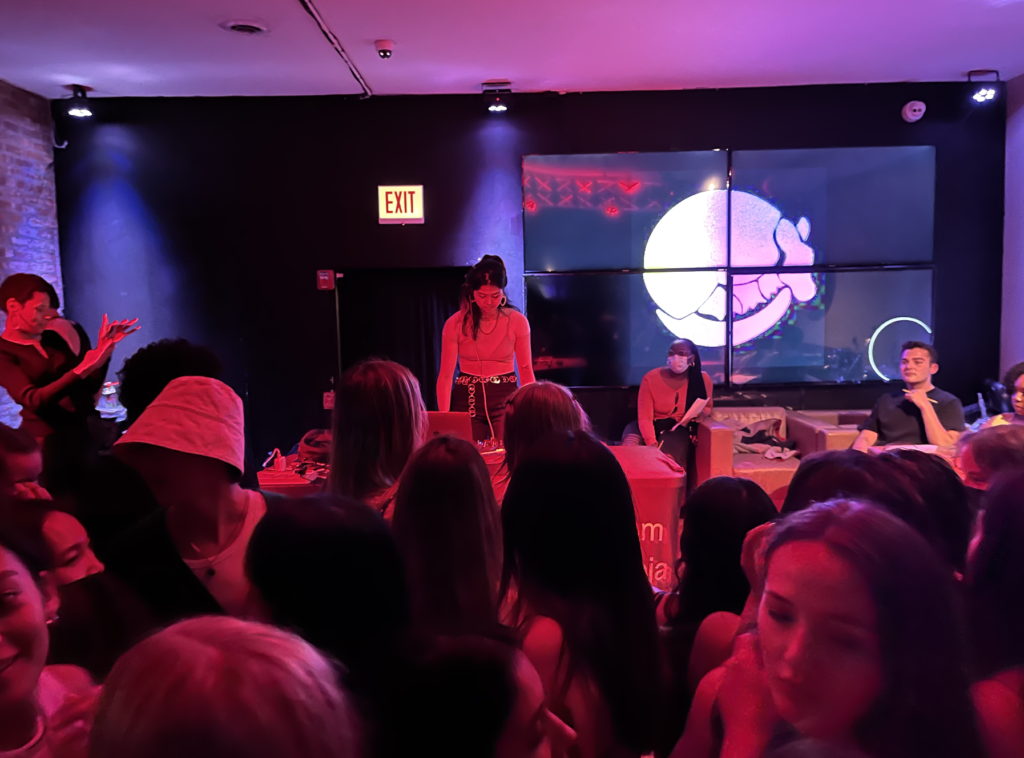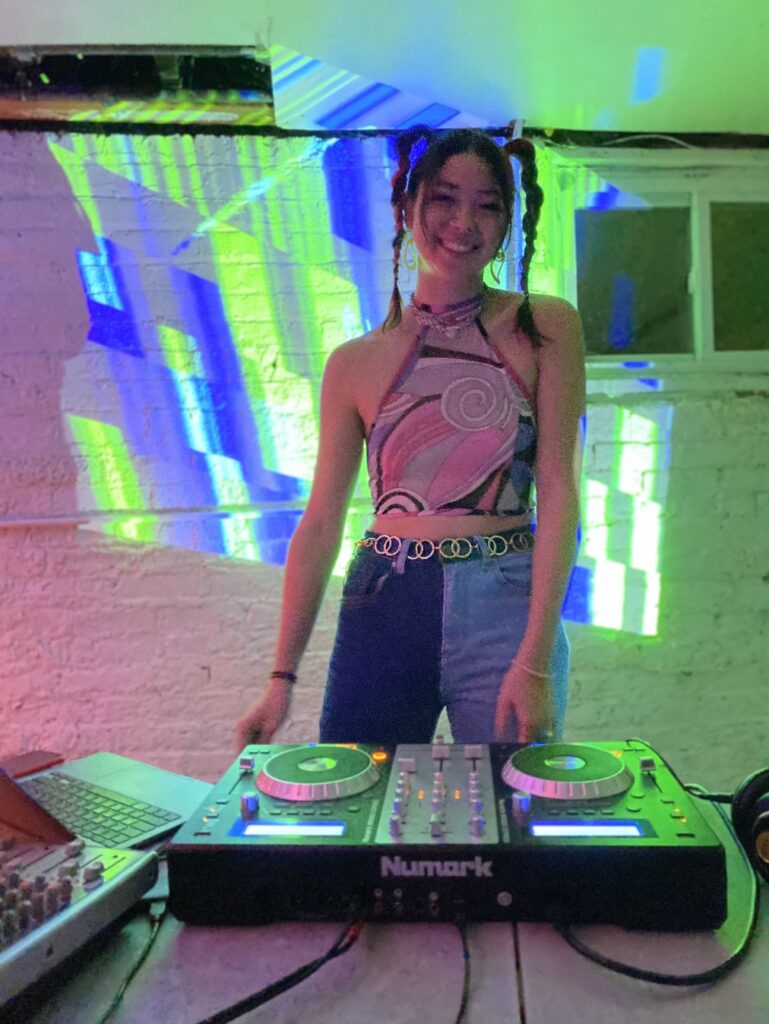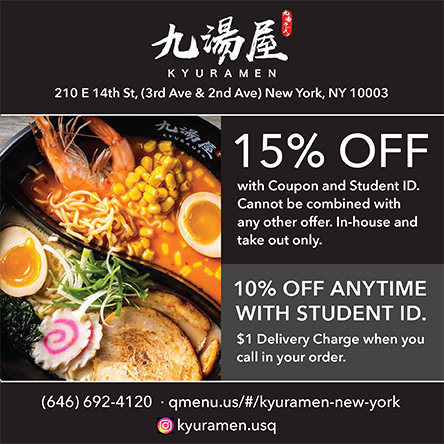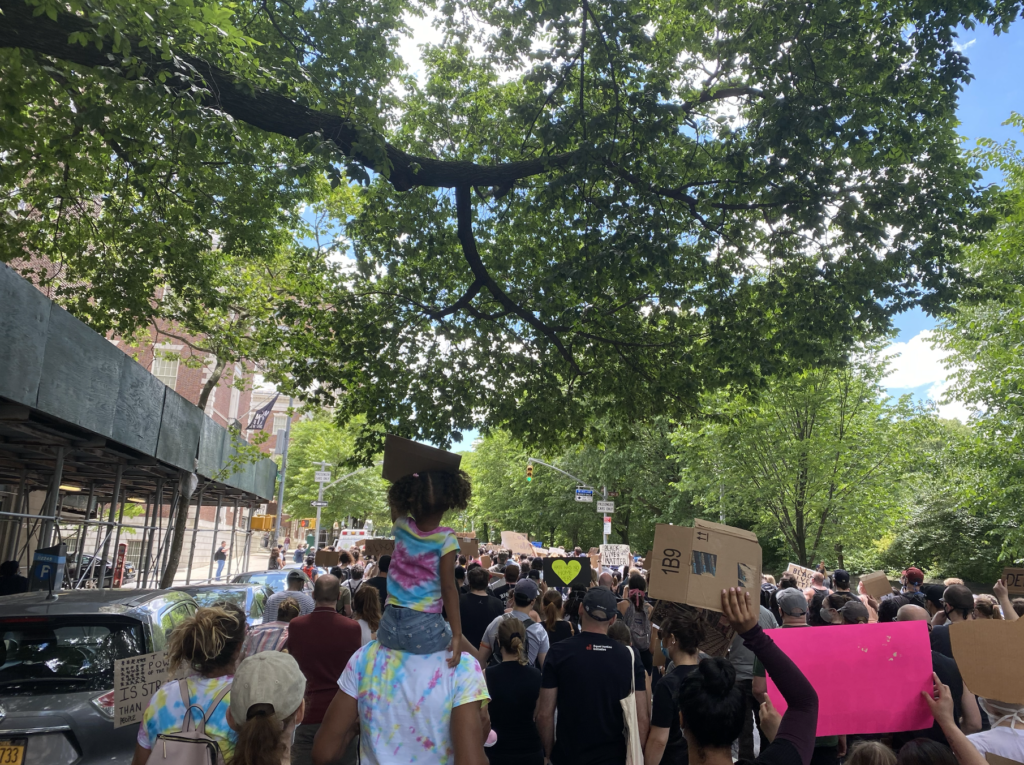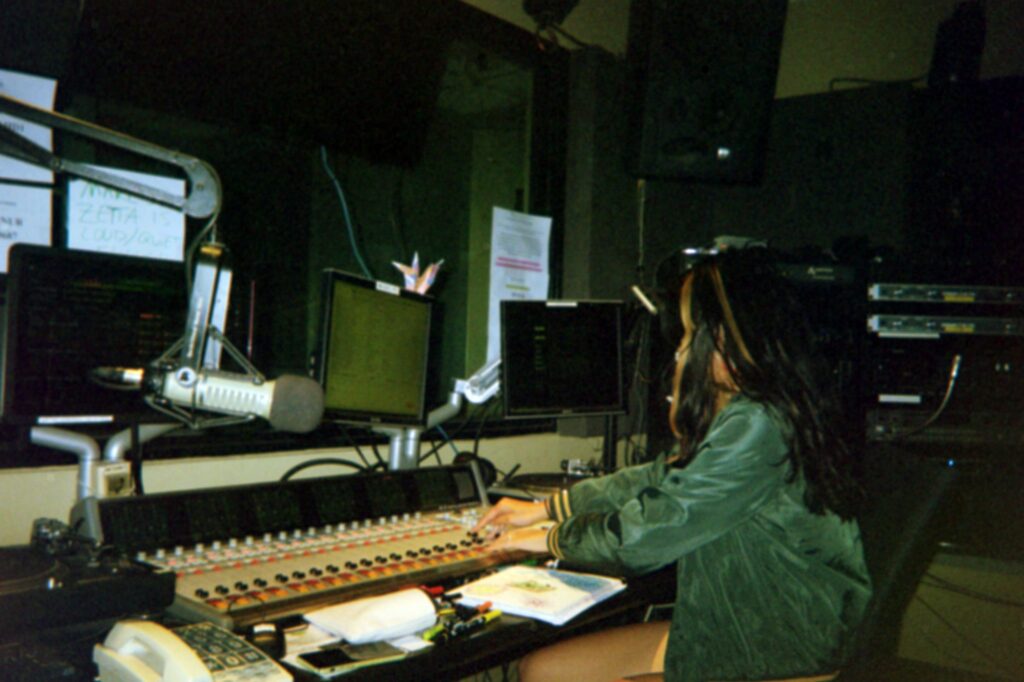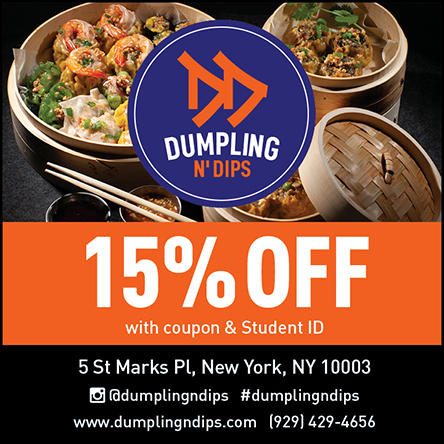Finding Your Niche
New York City is particularly famous for creating particularly famous people. Lady Gaga, Timothee Chalamet, Cardi B, Lin-Manuel Miranda, and Lena Dunham – all globally acclaimed despite their vastly different talents – each grew up among the 8 million New Yorkers we pass on the street, the neighbors whom we greet every day, and the strangers we squeeze against in packed subway cars. There’s something about this city – maybe it’s the reservoir water, maybe it’s magic – that produces talent like no other. Los Angeles may be teeming with Hollywood actors and London with members of the royal family, but New York City claims some of the most successful rappers, designers, and thespians, but also businesspeople, professional athletes, and politicians. New York City has a diversity in its people – and thus in its talent – equal to no other city in the world.

There is a reason why I moved here, why my classmates attend school here – the actors, writers, artists, business majors, and criminal justice minors alike – and it’s this: opportunity. The chance to meet people who could skyrocket your career – the scout who could sign you off the street, the friend of a friend who could refer you for a huge internship, or the 500th customer of your closing shift at Starbucks who would love to publish your sci-fi novel. New York is a city that allows you to find your niche and hone your talent with no judgment and with complete confidence.

Of course, there is a caveat: you must want it, you must try for it. You must leave your shoebox apartment and look for that opportunity. You must surround yourself with talented people and seek out community. You’ll need a support system through your failures and friends to congratulate you on your successes. You’ll stay motivated by motivating those around you, and you’ll learn from them as much as you teach them.

As a student, this can come quite easily. I was thrust into my community quite unexpectedly when I was assigned eight roommates with whom I would squeeze into a tiny New York City freshman dorm. Even as this community shrunk after move-out, it grew as we branched out, and soon we had a web that crossed apartments, dorms, clubs, departments, and even schools. In my freshman year I joined the Honors blog for a chance to try something new and beef up my resume, and I left with some of my closest friends – and most strategic connections, but we try not to make that too obvious.

As we will hear in the coming interviews, it is harder to build a strong community when you aren’t forced into a ten-by-ten box alongside them. It becomes even harder when you don’t know what your talent is yet, or you haven’t entered your niche. Some of us – like me – find out in grade school that there is only one subject whose homework doesn’t feel like a Herculean task, but others don’t encounter their talent until much later. As the coming articles will discuss, New York City is the place to be if you want to discover your talent and hone it, to turn it into a fulfilling career or simply a weekend activity.
What I do know for sure, however, is that talent – and the chance to tend to it – is necessary. It is what makes us feel good about ourselves, what makes us feel useful. It is something that nurtures our ego after a failure or a rejection, and something that drives us to work past it. It brings us together as friends, as New Yorkers, as humanity, and I want to help you find it.

Cool down this summer affordably! Take 10% off with this coupon and your Student ID on a refreshing acai bowl or smoothie.
By Lauren Male
Lauren Male is a senior at Pace University majoring in English and Communications, with a minor in Journalism. She is pursuing Pace’s M.S. Publishing program. When she’s not reading, Lauren can be found trying new coffee shops, thrift shopping, and spending all of her money on concert tickets.
For over 25 years, the Campus Clipper has helped college students in New York City—and later in Boston and Philadelphia—save money and succeed in city life. We offer a digital coupon booklet with discounts on food, clothing, and services, plus an Official Student Guidebook with real advice on how to navigate college life in a big city. Our internship program lets students build skills, earn money, and publish their own e-books. Follow us on Instagram and TikTok @CampusClipper, and sign up for our newsletter to get deals straight to your inbox. To access the digital coupons, scan the QR code on our printed card—available in dorms, student centers, and around campus.














